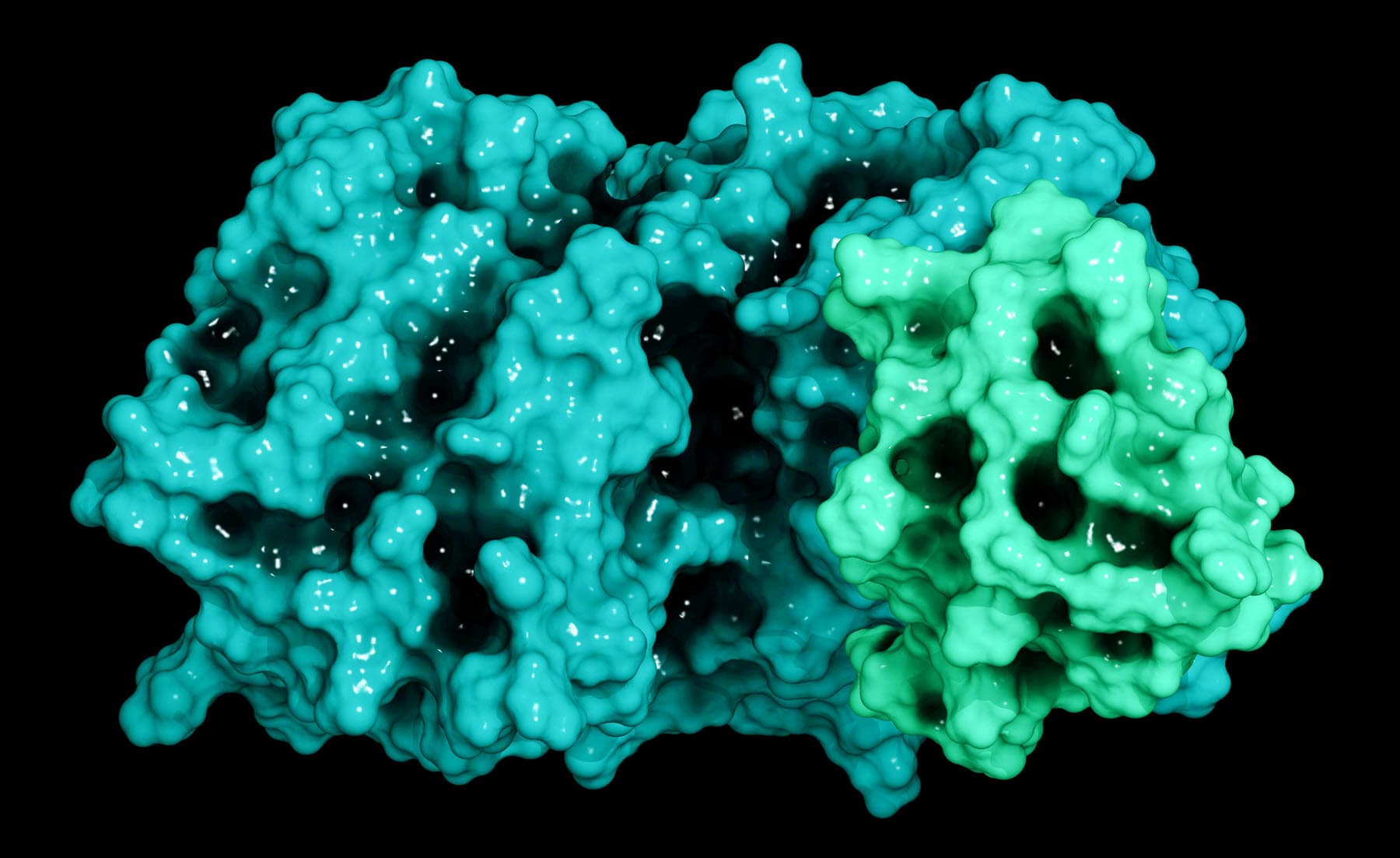
The U.S. Supreme Court has agreed to hear a case that is extremely significant for companies that operate in the biotechnology, pharmaceutical, and chemical sectors. At issue in Amgen v. Sanofi[1] is a determination of the appropriate legal standard to be applied between whether enablement is governed by the statutory requirement that the specification teach those skilled in the art to “make and use” the claimed invention, 35 U.S.C. §112, or whether it must instead enable those skilled in the art “to reach the full scope of claimed embodiments” without undue experimentation—i.e., to cumulatively identify and make all or nearly all embodiments of the invention without substantial “‘time and effort.’” The patents at issue, which are owned by Amgen, cover the cholesterol medication, Repatha®. In a February 2021 decision,[2] the Federal Circuit invalidated Amgen’s asserted patent claims for failing to satisfy the statutory enablement requirement.
Of note, Amgen’s relevant patent claims cover a genus of antibodies that bind to particular amino acid residues on a target PCSK9 protein. The salient technical issue is that these patent claims have the potential to include an expansive number (e.g., 1,000,000+) of currently unknown antibodies that have the claimed amino acid binding profile. The relevant patent specification does not contain all of the details of these unknown antibodies. This type of situation, wherein the production of each embodiment (i.e., antibody) within the full scope of a broad genus claim is not disclosed in the patent specification, is arguably the current state of affairs in the biotechnology, pharmaceutical, and chemical sectors, irrespective of how much capital and human resources any company may have.
The potential death of the genus claim, as Professors Karshtedt, Lemley, and Seymore have coined it[3], is, in a word, troubling. Antibodies – as just one example – constitute a ~$145 billion annual market[4], and much of that market is built on the strength of patents that routinely cover a genus of antibodies. To require patent applicants to limit their claim scope to a small number of species of antibodies arguably creates an almost impossible burden for obtaining sufficient patent protection to secure the financing necessary to bring these remarkable therapeutics to patients.
Innovative companies, particularly those with reduced research budgets for carrying out the necessary experimental data to more fully support genus claims, should be on high alert with respect to how this case is decided. In the interim and going forward, working with experienced and sophisticated legal advisors is an absolute must as the industry adapts to the constantly evolving patent laws.
[1] Case number: 21-757.
[2] Amgen Inc. v. Sanofi, 987 D.3d 1080 (Fed. Cir. 2021).
[3] Karshtedt et al. (2021) “The Death of the Genus Claim”, Harvard Journal of Law & Technology, 35(1).
[4] Lemley & Sherkow (2022) “The Antibody Patent Paradox”, Yale Law Journal, forthcoming.
Patrick Ross, Senior Manager of Marketing & Communications
EmailP: 619.906.5740
Suzie Jayyusi, Events Planner
EmailP: 619.525.3818